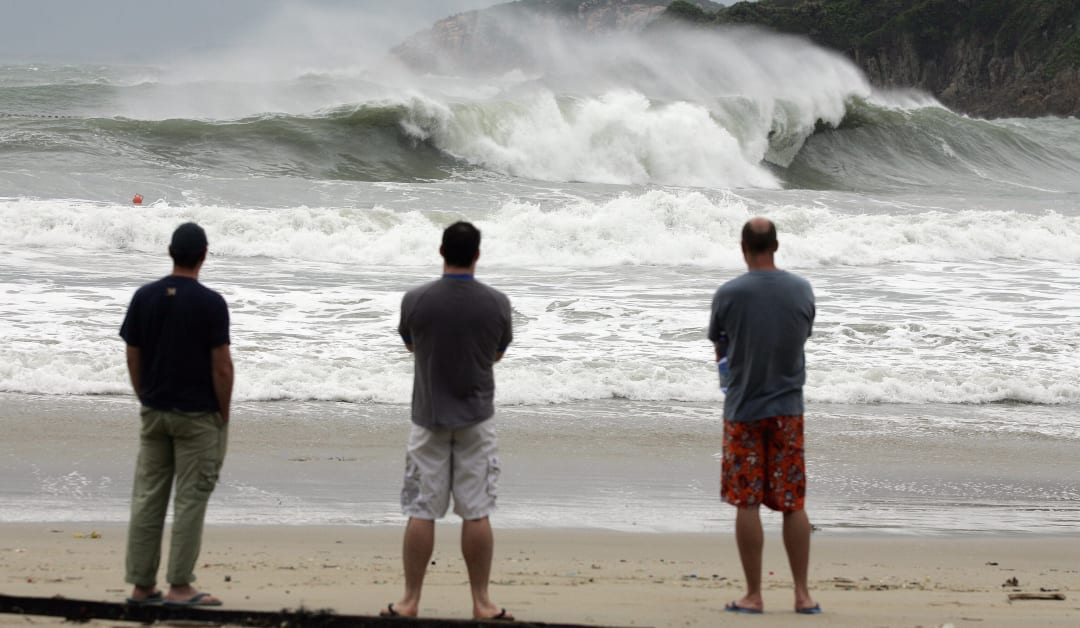Surfing, a sport and lifestyle growing in popularity worldwide, is facing a strict ban on public beaches in Hong Kong. Despite recent discussions and controversies surrounding this prohibition, the local government appears unmoved by public opinion. The ban has drawn attention in part due to the story of a local surfer who considered representing Switzerland in defiance of the restrictions.
Adrian Pedro Ho King-hong, a lawmaker and member of the New People’s Party, has been actively advocating for dialogue with government officials regarding the ban, particularly at Big Wave Bay, one of Hong Kong’s most notable surfing spots. According to Ho, the Leisure and Cultural Services Department (LCSD) cited potential public complaints as the reason for maintaining the ban.
Ho suggested creating designated surfing zones or allowing surfing during specific hours at certain beaches. However, the LCSD rejected these ideas without conducting a feasibility study, stating they could not risk upsetting the public. Ho criticized this approach, urging the government to explore options or gather public feedback rather than outright dismissing the possibility.

The surfing ban affects 42 public beaches in Hong Kong, including Big Wave Bay, which has a rich history of surfing. Last summer, “No Surfing” signs were erected at the beach, signaling a crackdown on activities. Officials argue that surfing poses risks to surfers and first responders, especially during high surf conditions.
The LCSD clarified that the regulation prohibits surfboards in swimming areas adjacent to gazetted beaches, stating that the rules have always banned surfing in these zones. Violators of the ban face a penalty of up to $2,000 and 14 days in jail.
For surfers considering visiting Hong Kong, the ban significantly limits opportunities, with alternatives like Taiwan offering more accommodating policies and even hosting international surfing events.